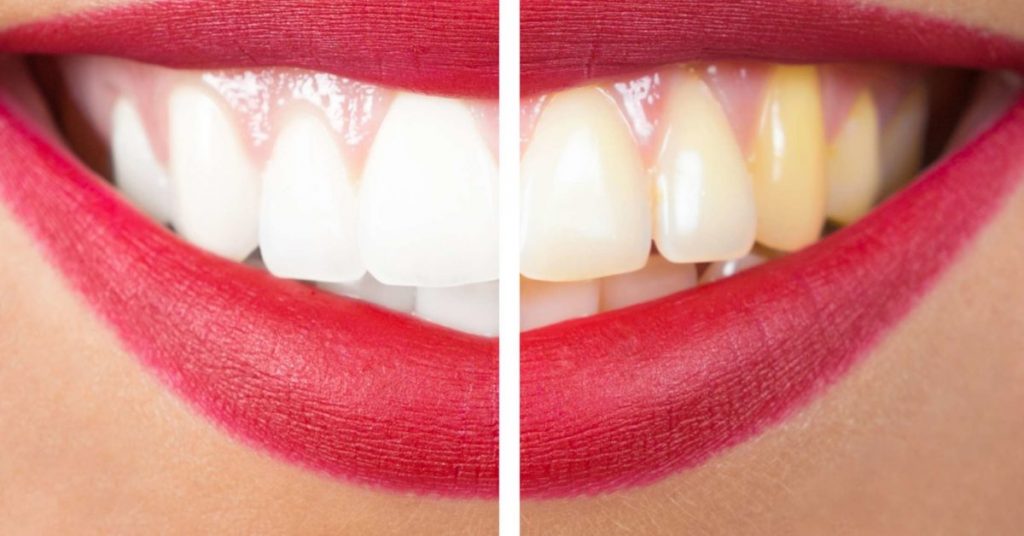
How to Handle a Dental Emergency
A dental emergency can occur at any time, leaving you in pain and discomfort. In such cases, it is important to know how to handle the situation to minimize the damage and ensure a speedy recovery. Whether it’s a broken tooth, severe toothache, or bleeding gums, the first step is to remain calm and seek immediate dental attention. In this article, we will guide you through the steps to handle a dental emergency and provide you with helpful tips to ensure a successful recovery.
Assess the Situation:
The first step to handle an emergency dentist peoria is to assess the situation. Determine the severity of the issue and decide whether it requires immediate attention. If you are unsure, call your dentist or seek advice from a medical professional. It’s important not to ignore any symptoms as they can lead to more severe problems.
Stop any Bleeding:
If there is any bleeding, use a clean cloth or gauze to apply pressure to the affected area. Hold it in place for several minutes until the bleeding stops. You should consult your dentist right away if bleeding persists.
Address Toothache:
Toothaches can be excruciating, and it’s important to address the pain as soon as possible. Start by rinsing your mouth with warm water to remove any food particles or debris. You can also use a cold compress on the affected area to alleviate the pain. If the pain persists, seek immediate dental attention.
Handle a Broken Tooth
If you have a broken or chipped tooth, try to find any missing pieces and keep them in a clean container. Apply a cold compress to reduce swelling in your mouth after rinsing it with warm water.
Deal with a Dislocated Jaw:
If your jaw is dislocated, you must seek immediate medical attention. Hold your jaw in place using a clean cloth or a tie. Do not try to move your jaw or put any pressure on it.
Avoid Any Pressure on the Affected Area:
It’s important to avoid any pressure or movement on the affected area. This can exacerbate the problem and cause more damage. If the pain is severe, take painkillers, but avoid aspirin as it can increase bleeding.
Keep Your Dental Records Handy:
It’s important to keep your dental records, including x-rays and medical history, in a safe and accessible place. This will be useful in a dental emergency, and you can provide them to your dentist for immediate treatment.
Visit Your Dentist Regularly:
The best way to avoid a dental emergency is to visit your dentist regularly for check-ups and cleaning. This will ensure that any problems are identified and treated early, reducing the risk of a dental emergency.
Conclusion:
Handling a dental emergency can be stressful, but with the right knowledge and approach, you can minimize the damage and ensure a speedy recovery. The key is to remain calm, assess the situation, and seek immediate dental attention. By following the tips provided in this article, you can effectively handle a dental emergency and take steps to prevent it from happening again. Remember to visit your dentist regularly for check-ups and cleaning to maintain good oral health.
